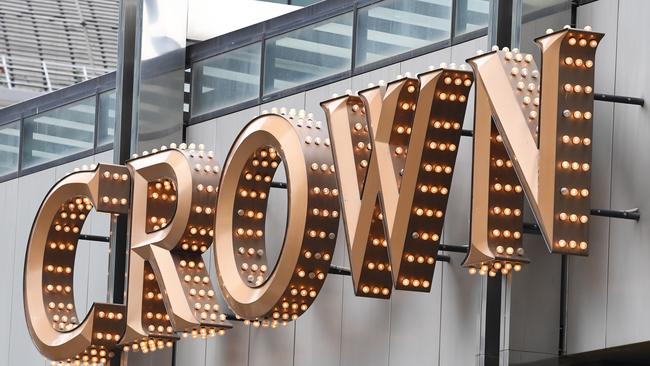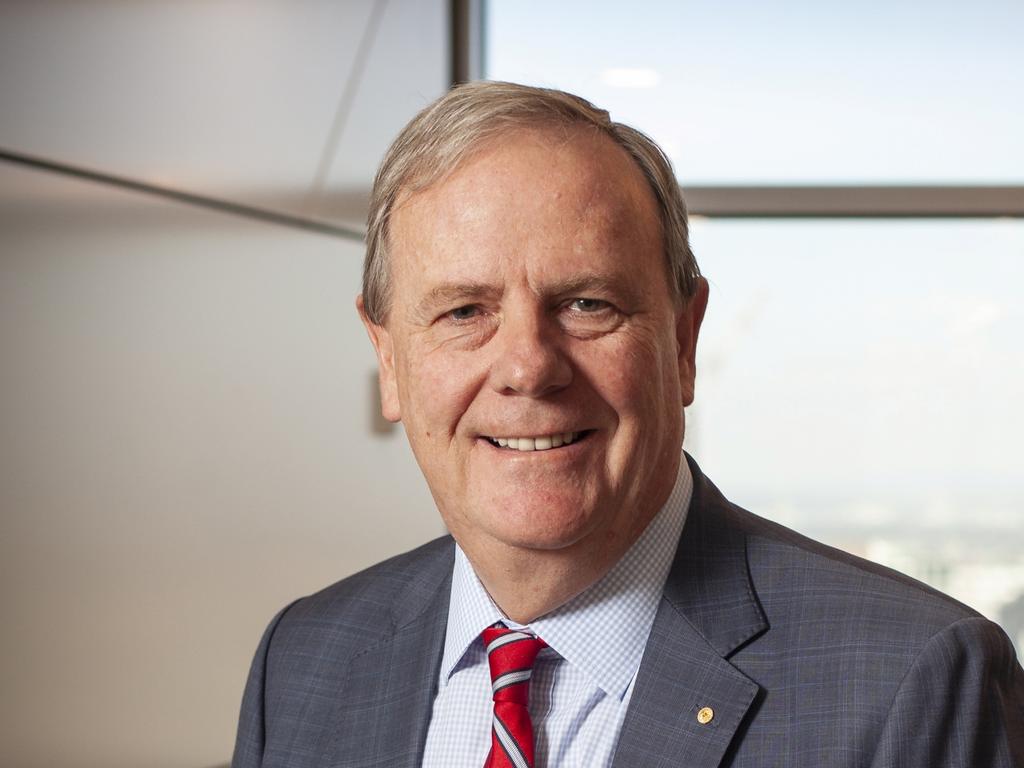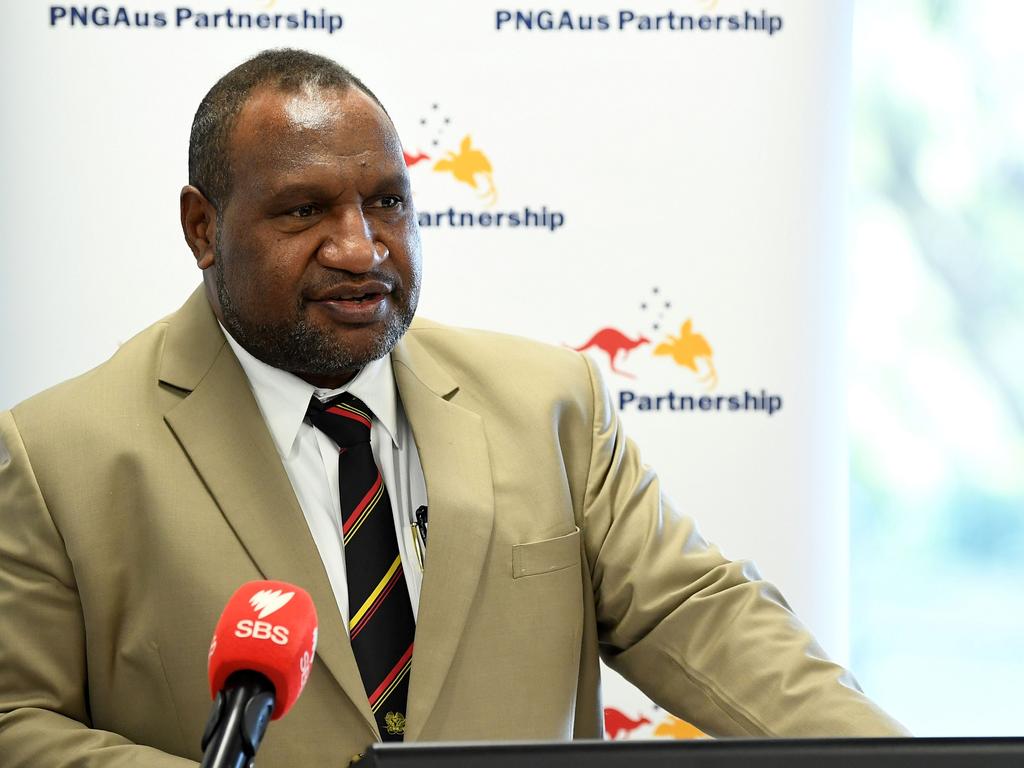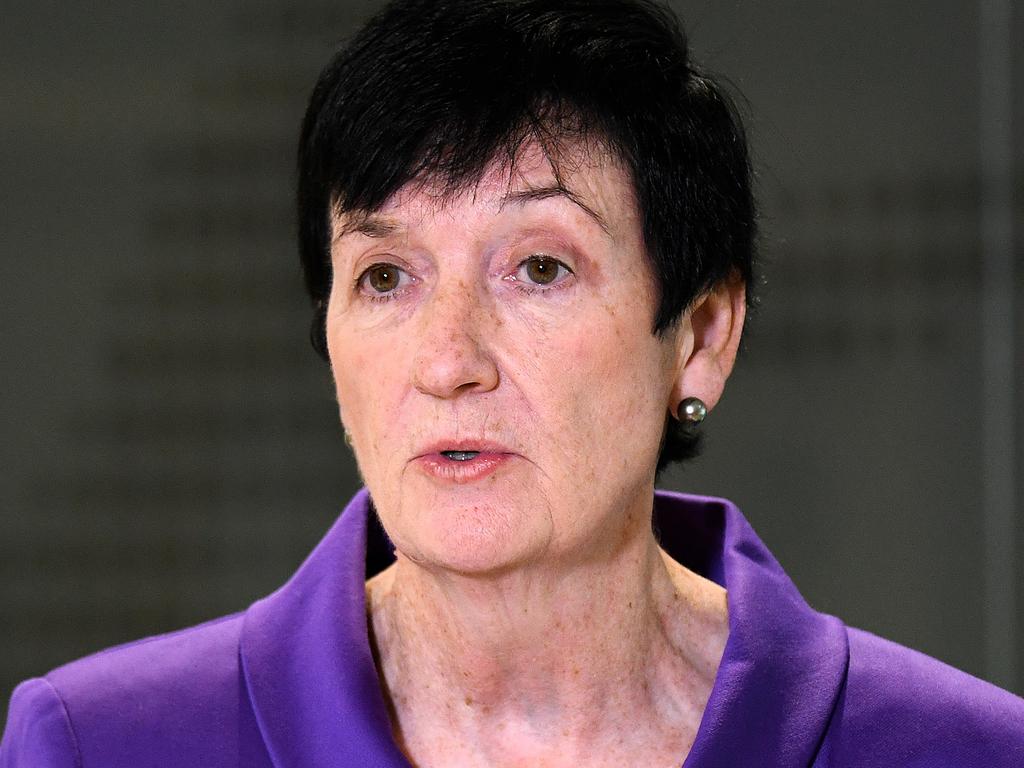
In March 2014, O’Connor himself, as head of international VIP operations for Crown based in its offices in Melbourne, received a text from one of his staff that he had “inside information” from a Crown customer in China.
“From April to May, China government will begin to arrest a lot (sic) anti-corruption people and anything to do with gambling or moving money out of the country,” the email read.
“He warns us not to enter China at this time and should remove all our staff out of the country for one month.”
Coming days after the revelation this week that high-profile Chinese-Australian journalist Cheng Lei was arrested in China two weeks ago, for no known reason, the email was chilling.
It was also chilling, of course, as 2½ years later, in October 2016, O’Connor himself would be arrested and jailed for 10 months during a business trip to Shanghai.
While O’Connor, who is now working on plans for Crown’s new casino at Sydney’s Barangaroo, appeared to be handling the testimony well on Wednesday, replying calmly to several hours of questioning, the email was yet more evidence of the dangers of doing business in China for Western businesspeople.
Just why Crown persisted with having people on the ground in China in the lead-up to O’Connor’s arrest in October 2016, against a backdrop of increasingly obvious statements from the Chinese government that it was concerned about gambling and questionable money transferring out of the country, is a question that has never been satisfactorily answered.
But as the email showed, it was O’Connor himself, as a senior Crown executive, who received the warnings from a concerned source on the ground. Despite the warning, he still chose to maintain a staff presence in China over the next 2½ years and felt comfortable enough to travel there himself on a fateful trip.
“Did you take this warning seriously Mr O’Connor?” counsel assisting the inquiry, Naomi Sharp SC, asked him by video link from Melbourne.
O’Connor said he had informed Crown’s Hong Kong-based executive, Taiwanese-born Michael Chen, of the email — learning that Chen himself had received a similar warning.
“Did you pass the message up the hierarchy at Crown Resorts?” Sharp asked.
“I don’t recall doing that Ms Sharp,” he replied.
“It’s not every day that you are advised that it is best to move staff out of the country?” she asked.
“No, but from time to time we did receive warnings — not quite of this nature, but of a similar nature,” he replied.
O’Connor paid the price for underestimating the dangers in China with his own detention.
Crown’s case is specific to its own business of gambling, which has always been a sensitive issue with the Communist Chinese government.
Its continued operation on the ground in China even after this warning — and in the face of more explicit government warnings from 2015 — is related to the Chinese government’s long-held opposition to gambling and what it sees as the promotion of gambling within its borders.
It’s a very different situation from other types of companies trying to do other business in China.
But while it is raking over old ground, the inquiry, which resumes on Thursday, is throwing a rare spotlight and providing documentation of the events that led up to the arrest of O’Connor and 18 other Crown staff.
Unlike the case of the arrest of Rio executive Stern Hu that still has many questions unanswered, here are internal emails of Crown being revealed, discussed and examined in a court-like setting — in an online video hearing available to anyone in the world to listen into.
It beggars belief that such warnings were not passed up the line to the Crown board given the seriousness of the potential risks.
Or was there a culture that did not encourage bad news going upwards to the board — or news that could cut across the drive to attract as many high-rollers from Asia to Crown’s casinos in Melbourne and Perth?
The hearings raise questions about what sort of profits Crown can hope to make from its up-market Sydney casino, which is focused on VIP gamblers with no poker machines allowed.
As the inquiry has heard, Crown no longer has any staff in China and it is impossible to enforce any gambling debts from gamblers who return to mainland China.
A key role in the links between high-rollers in Asia, including China, and casinos are the junket operators — the middle men who recruit or source would-be gamblers and link them with casinos, helping to organise travel and in some cases credit, including the enforcement of gambling debts.
One thing clear from the inquiry is that commissioner Patricia Bergin, a former NSW Supreme Court judge, looks set to recommend a much tighter regulation of junket operators in NSW.
At the moment it is up to the sole casino operator in the state, Star, to enforce regulation on the junket operators it uses. Without pre-empting the findings of the inquiry, it looks as if the inquiry will recommend that the regulatory powers around junket operators and its enforcement return to the state government.
Tighter controls over the role of junket operators also has the potential to limit the earnings of Star and Crown in NSW.
From her words on Wednesday, Bergin appeared to be in favour of strict regulations banning “side betting” between junket operators and their clients.
In another blunt question to O’Connor, Sharp asked if it was true that he “turned a blind eye” to questions about whether some of the junket operators who brought gamblers to Crown’s casinos in Australia under his watch as head of international VIP operations had some associations with organised crime. O’Connor, of course, denied this was the case.
But as push is coming to shove in the inquiry, Crown is not getting an easy run.
When it comes to doing business in China, one hopes the spotlight on the Crown case serves as a warning to other Western businesspeople tempted to ignore warnings from those on the ground.







It was the last minutes of the first day of testimony by Crown executive Jason O’Connor before the NSW casino inquiry on Wednesday that a bombshell email was read out.